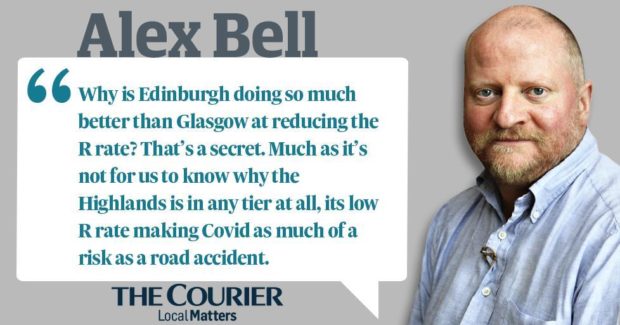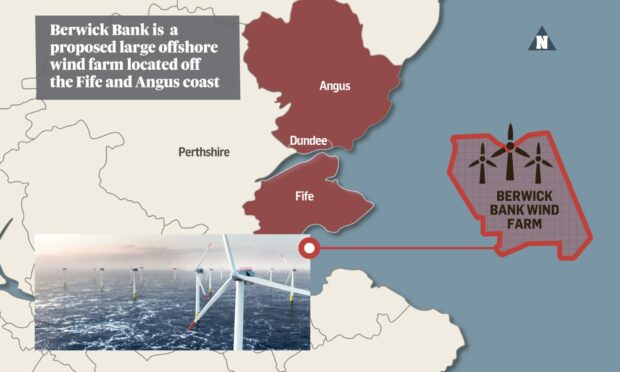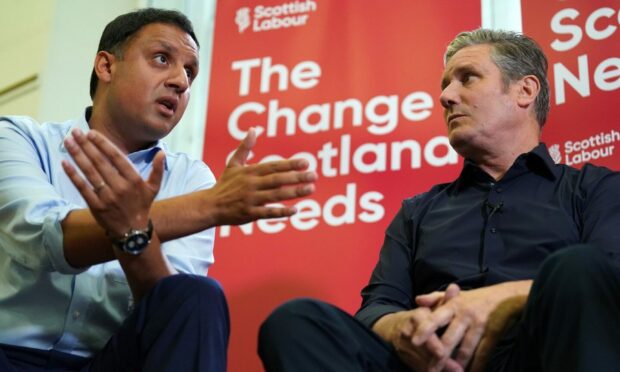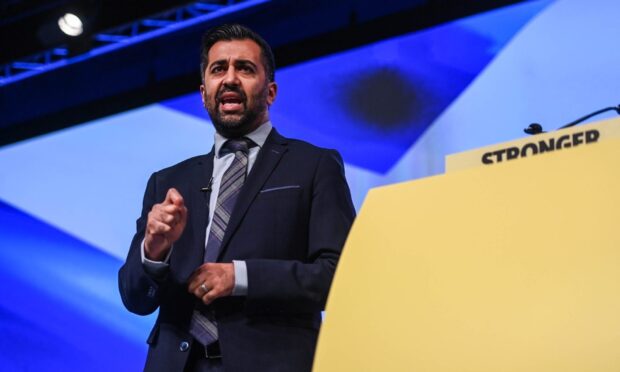On becoming first minister, Nicola Sturgeon promised that: “For too long the conversation between politicians and the public has been reduced to 30 second soundbites and stage-managed public appearances. The referendum campaign changed all that, bringing citizens and politicians closer together than at any previous time in our nation’s history. That might not always be comfortable, but it’s exactly as it should be in a healthy democracy.”
She implied that from now on, Scotland’s government would be transparent.
Since then, secrecy has been the rule. Covid and the Salmond inquiry show how hard it is to get a straight answer from our governing class.
There was a secret virus report before Covid struck, a secret spreading event and a secret bid to stop freedom of information.
Data on test and trace, the efficacy of the government’s tracking app or the occurrence of infections is withheld.
Why is Edinburgh doing so much better than Glasgow at reducing the R rate? That’s a secret.
Much as it is not for us to know why the Highlands is in any tier at all, its low R rate making Covid as much of a risk as a road accident.
It’s a British thing, to obscure and evade when in power.
You’d hope that a nation so focused on leaving Britain would do things differently. As it is, it shows getting old ways out of the new Scotland will prove just as hard as getting out of the UK.
The tight hold on information is patronising, unnecessarily expensive and inefficient.
As the Salmond debacle shows, we are ill served by secrecy.
The Salmond inquiry at Holyrood began its investigation in a bog and has since struck a wall. Government officials have evaded at every turn, so ineptly at least three have had to backtrack and submit new evidence.
The Lord Advocate James Wolffe QC gave a polished performance, so much so, it’s not clear if he said anything at all.
The committee are incensed that Deputy First Minister John Swinney has blocked two officials from giving evidence on the grounds they might reveal the names of the accusers of the former first minister.
Given the committee could simply hold some sessions in camera, this seems like a feeble line.
Ally of Salmond, Campbell Gunn, says the Scottish Government is harming itself with all this secrecy. Which is rich coming from an ex-special adviser.
He was part of a toxic culture of obfuscation that has thrived in the SNP’s time in government, in neat symmetry to a ‘Scottish Office’ culture of officials who have spent decades protecting their reputation by controlling what’s on the record.
The SNP govern on a need-to-know basis.
Huge amounts of effort goes into either blocking information or phrasing it in such non-committal language as to denude it of any meaning.
Allow this to thrive in a parliament dominated by one party, and in a political culture where loyalty to a bigger cause is more important than dutiful public service and you have democratic disaster.
The SNP have a reputation for competence because they have governed with a focus on reputation, not competence.
If this were an ancien regime clinging on to dignity it might be explicable, but it’s not.
The promise is of a new, more enlightened government, markedly different to Westminster, which will be led with the consent of the people. That promise appears a pernicious deception.
Like Google luring people in with its promise to do no harm, then attempting to own and control information, the SNP have worn the hipster clothes of transparency while revealing nothing of worth.
They control the nationalist movement, but no more trust them with the truth than Google with their user privacy.
Sturgeon and Salmond believe that to govern is to dress the events of office in a manner befitting the greater cause. This cannot go on.
The Salmond inquiry and the Covid strategy expose a sordid culture of deceit dressed up as high principle. If any good is to come of these two stances, one farce, one tragic, then it must be an information revolution. It’s our country, our government, therefore it’s our information.
The Tories are threatening to go to court for the missing documents in the Salmond inquiry.
Why not, it is what Salmond and Sturgeon have done repeatedly in other matters.
But why stop there? There is a bigger matter to pursue. Make public all government data. Empower the people with all the policy statistics, the minutes of meetings of public bodies, the deliberations of ministers. Stop government being a game of truth or bluff and instead shift to a democracy of data, open for all.
Ten years ago David Cameron said “Greater transparency across government is at the heart of our shared commitment to enable the public to hold politicians and public bodies to account”. It’s an agenda that stalled in Westminster, and barely began in Edinburgh.
Open, transparent government is a basic of democracy.
It’s the very least we should demand from the endless claims of being better than Westminster. We can handle the truth.










